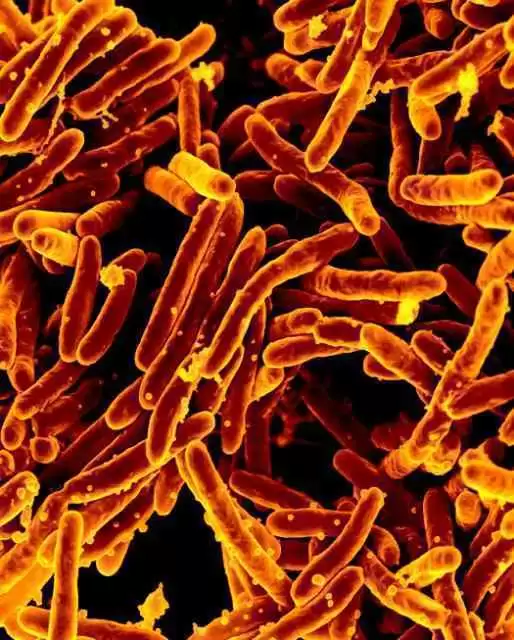
Celiac.com 05/02/2019 - Both gastrointestinal and mental disorders can occur alongside other disorders, and both can be triggered by early adversity, such as parental deprivation.
Interactions between the brain and bacteria that live in the gut microbiome potentially influence interactions between adversity, gastrointestinal issues and anxiety. These connections have been well-studied in animals, but very little study has been done during human development. What can we learn about mood and gastrointestinal distress in children exposed to adversity?
Celiac.com Sponsor (A12):
A team of researchers recently set out to explore adversity–gastrointestinal–anxiety associations in youth who were raised with their biological parents, or were exposed to early adverse care giving experiences, such as institutional or foster care followed by international adoption.
The research team included Bridget L. Callaghan, Andrea Fields, Dylan G. Gee, Laurel Gabard-Durnam, Christina Caldera, Kathryn L. Humphreys, Bonnie Goff, Jessica Flannery, Eva H. Telzer, Mor Shapiro and Nim Tottenham.
To assess connections between adversity, gastrointestinal issues, and anxiety, the team assessed data from a 344 youth, aged from 3–18 years old, who were raised with biological parents, or else exposed to early adverse care giving experiences, such as institutional or foster care followed by international adoption.
In Study 1, we demonstrated that previous adverse care experiences were associated with increased incidence of gastrointestinal symptoms in youth. Gastrointestinal symptoms were also associated with concurrent and future anxiety (measured across 5 years), and those gastrointestinal symptoms mediated the adversity–anxiety association at Time 1.
Study 2 comprised a sub-sample of children who provided both stool samples and functional magnetic resonance imaging of the brain, and served as a “proof-of-principle."
The data from study 2 showed that adversity was tied to changes in both alpha and beta diversity of microbial communities, and both adversity-associated and adversity-independent bacteria level correlated with prefrontal cortex activation to emotional faces.
Read more about the implications of these data for supporting youth mental health at Cambridge.org
The researchers are variously affiliated with the Department of Psychology, Columbia University in New York, NY; the Department of Psychiatry, Melbourne University, Melbourne, Australia; the Department of Psychology, Yale University in New Haven, CT; Harvard Medical School, Boston, MA, USA; the Semel Institute for Neuroscience and Human Behavior at the University of California Los Angeles in Los Angeles; the Department of Psychology and Human Development at Vanderbilt University in Nashville, TN, USA; the Department of Psychology, University of California, Los Angeles, Los Angeles, CA, USA; the Department of Psychology at the University of Oregon in Eugene, OR; the Department of Psychology and Neuroscience at the University of North Carolina, Chapel Hill, in Chapel Hill, NC; and the David Geffen School of Medicine, University of California, Los Angeles in Los Angeles, CA.










Recommended Comments
There are no comments to display.
Create an account or sign in to comment
You need to be a member in order to leave a comment
Create an account
Sign up for a new account in our community. It's easy!
Register a new accountSign in
Already have an account? Sign in here.
Sign In Now